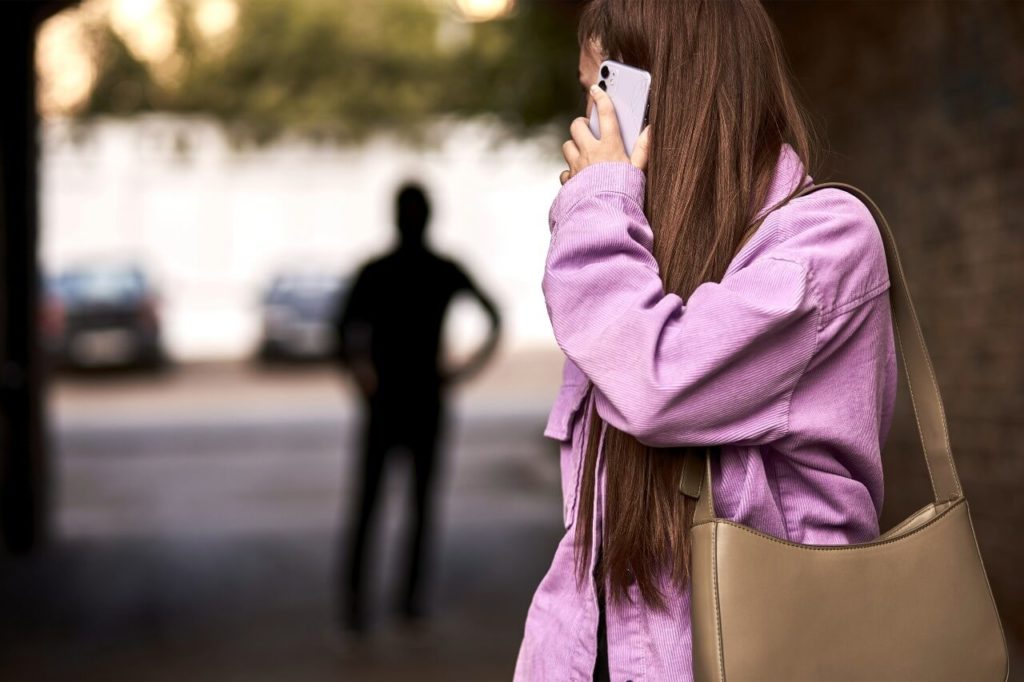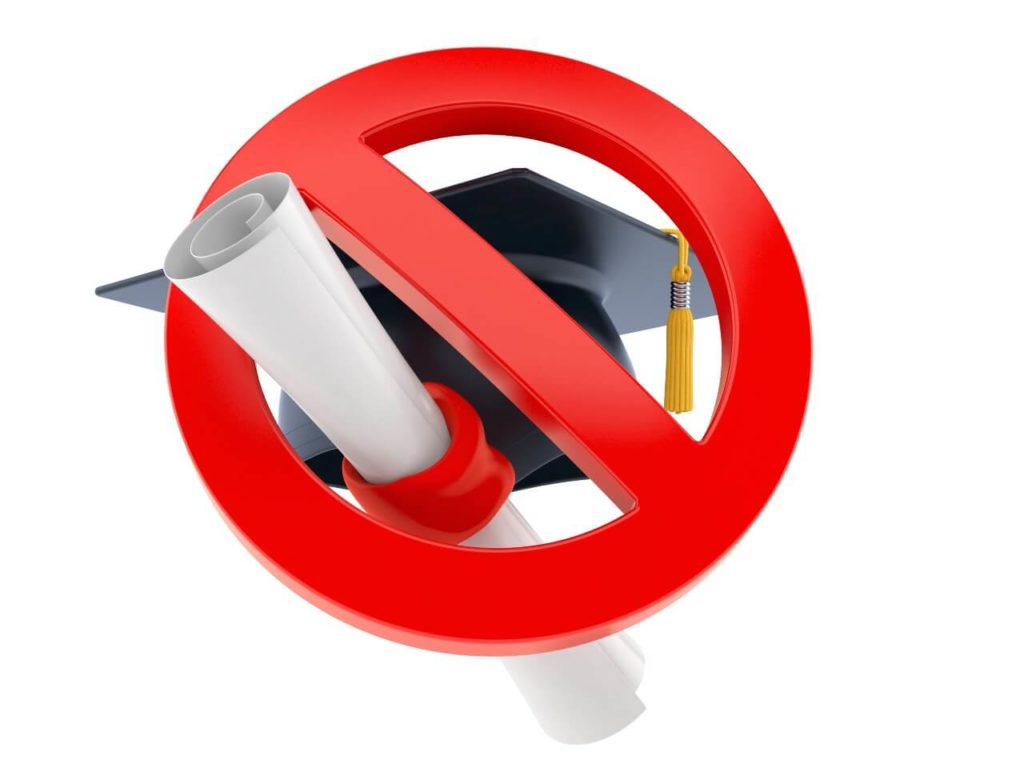The excitement of landing a TEFL job abroad can quickly give way to anxiety and fear. Your (and your mom’s!) top concern? Your personal safety.
You may not have given safety too much thought while planning your teacher outfits and dreaming up amazing lesson plans. The reality is that safety is a concern from the minute you leave your doorstep, whether at home or abroad.
Don’t let the horror stories about pickpocketing and travel scams put you off going abroad. Stay aware of your surroundings and keep the following safety tips in mind ahead of your travels.
1. Research your destination
Learn what not to say or do to avoid rubbing strangers the wrong way. Know the local crime hotspots and unsavoury parts of town and steer clear of these. Stay on busy roads and paths and only use well-lit ones at night. Avoid dark alleys and dodgy shortcuts.
2. Brush up on local etiquette
Getting to know the dos and don’ts of your destination country is key to making a good impression. Everyone knows bowing is customary in East Asia, but did you know that putting salt on your food in Italy is offensive?
Don’t be that rude tourist. Knowing how to act can help you avoid awkward situations and major confrontations.
3. Travel with a friend or in groups when possible
If you’re a fresh graduate and off to teach abroad, chances are you’re travelling alone. However, once you’ve settled in and made a few buddies, why not have them tag along on your trips, even if it’s just some weekend shopping? This will make you less of a target and you’ll have a second pair of eyes to watch your valuables.
Traveling solo? Travelling alone can be an amazing experience, but you’ll need to stay sharp and take extra precautions to keep yourself safe.
4. Contact your local embassy
Register with your country’s local embassy. Let them know your arrival and departure dates and important information such as where you are staying and contact details. Your embassy should be able to reach you if an emergency arises like an evacuation. In 2020, many foreign English teachers were calling for one to escape the COVID-19 lockdowns in China. Better safe than sorry.
5. Blend in with the crowd
Ditch the touristy gear for something more lowkey. Don’t be an obvious tourist! Ask for assistance discreetly and keep your maps under wraps. Carry a can of pepper spray for good measure. It could be useful to deter a pickpocket.
6. Save important information
Keep a list of emergency numbers like the local police station, nearby doctors, hospitals, as well as your co-teacher and your school. Save it in your phone and write it down as a backup. You may even need the bank’s number if you need to report and block a stolen card.
It’s handy to have a business card with your home address or school address on it, especially if you’re in a country which uses a different alphabet. This way you can easily show where you live and work to someone who doesn’t speak English.
Make copies of important documents. These include your passport, visa, qualifications, and contract. Again, you’ll want hard and soft copies.
7. Safeguard your tech
Put password protection on all your devices: laptops, tablets and smartphones. If you have an Apple device, make use of the option to erase all data after 10 incorrect password attempts.
Tech tips:
- Use strong passwords.
- Use anti-theft backpacks.
- Use a VPN when connecting to public wifi.
- Install antivirus software.
- Keep your systems updated.
- Back up data to the cloud.
- Turn off your Bluetooth and location to prevent tracking.
8. Learn how to ask for help in the local language
Memorise a few useful phrases in the local language to get you out of a sticky situation. Here are few worth noting:
Help me, please!
I don’t feel well.
Where is the nearest hospital?
Where is the nearest train/bus station?
Police!
I’m lost.
It’s also a good idea to be able to show appreciation by learning to say “thank you” once you’ve been assisted.
Read more: Mastering The Local Lingo: Why Learning A Foreign Language Is A Good Idea And Top TIps To Do It
9. Keep an eye on your drink(s)
Alcohol consumption is a big part of some cultures. For example, soju is the national drink of South Korea and a staple at workplace and social gatherings.
Drinking can quickly get out of hand if you’re not mindful. When out and about, watch your drinks. A drunk and disorientated foreigner is an easy target for petty crime.
10. Learn self-defense strategies
Sometimes it’s the little things you do that keep you safe. Here are a few simple actions you can do to ensure your safety:
- Lock all doors and windows at night and whenever you leave the house.
- Walk with confidence.
- Have your keys ready whenever you approach your door for quick access.
- Never let a stranger into your apartment.
11. Be financially prepared
Always keep some cash stashed away in case of an emergency. Don’t carry too much on your person. If you do go out with cash, place it in two or more places so that if you lose your wallet or get robbed you won’t be stranded.
If you’re off to teach in China, you can use the WeChat app for everyday transactions by linking your credit or debit card to WeChat Pay, making cashless payments quick and easy.
Despite all the safety concerns around teaching and travelling abroad, it’s generally safe. You’ll have the support of your employer, embassy, and friends but ultimately you’re in charge of your personal safety.
Staying safe boils down to being respectful, staying alert, and making informed decisions.

















